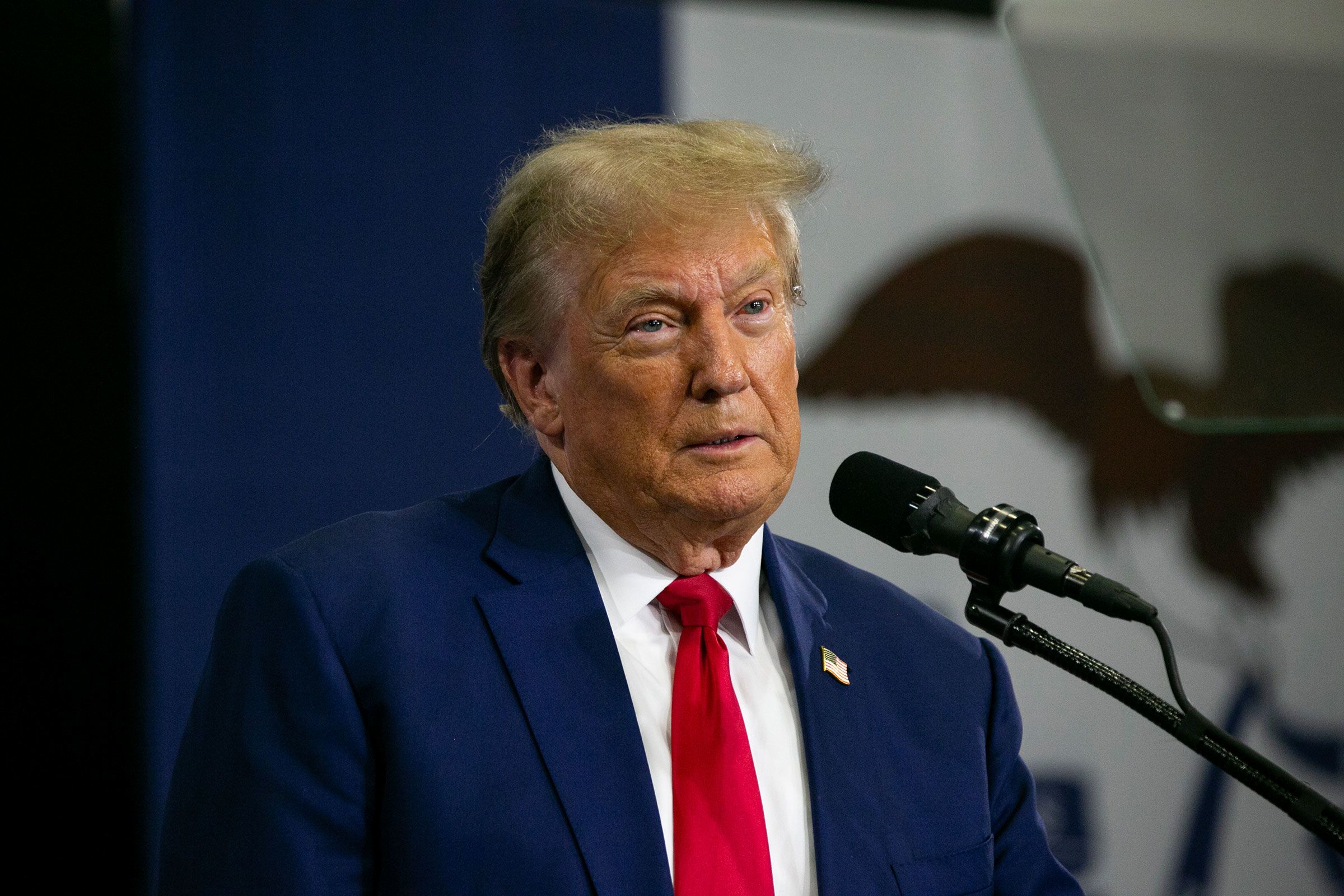Hakeem Jeffries, the Democratic House minority leader, has strongly criticized the Supreme Court’s decision to grant immunity to former presidents, warning that it sets a dangerous precedent for the nation. He emphasized that no one, including a twice-impeached former president, should be above the law, and highlighted the importance of upholding the Constitution.
The Supreme Court ruled that former presidents are entitled to a degree of immunity from criminal prosecution for their official actions, which significantly impacts the 2020 election subversion case against Donald Trump.
The 6-3 decision protects presidents from prosecution for actions within the “outer perimeter” of their office but allows charges for unofficial conduct. Chief Justice John Roberts stated that a former president has “absolute immunity from criminal prosecution for actions within his conclusive and preclusive constitutional authority.”
Justice Sonia Sotomayor’s dissent warned that the ruling could lead to a president being above the law, undermining the foundational principle that no one is above the law.
Trump celebrated the ruling as a win for the Constitution and democracy, a sentiment echoed by Republican House Speaker Mike Johnson and many Republicans. However, Democratic leaders like Chuck Schumer and Alexandria Ocasio-Cortez expressed outrage, seeing it as a threat to American democracy.

Trump Ruling Divides: Dems Warn ‘Dangerous Precedent’, GOP Speaker Approves
The ruling could significantly weaken the criminal prosecution against Trump over his efforts to overturn the 2020 election results. The court remanded the case to US District Judge Tanya Chutkan to determine which actions were protected, with Chief Justice Roberts pre-emptively indicating that some actions were definitively out.
This decision means that special counsel Jack Smith’s prosecutors cannot use acts deemed official as evidence, even to show Trump’s intent.
Trump faces accusations of conspiring to obstruct the certification of the 2020 election results, defraud the government, and disenfranchise voters. The alleged illegal conduct involves pressuring the Justice Department, his vice president, and Congress, inciting the Capitol riot, and recruiting fake electors. Roberts’ opinion undermined at least three of these categories.
Responses to the ruling have been varied, with Mary Trump, Donald Trump’s niece, quoting Sotomayor’s dissent and selling T-shirts inspired by it.
The ruling is part of a broader term of significant Supreme Court decisions that have had major implications for American democracy, individual and civil rights, and the federal government’s functioning. The conservative majority, with half its justices appointed by Trump, has notably strengthened presidential power.
Democratic figures like Hillary Clinton and Eric Holder have also condemned the ruling, emphasizing its dangerous implications for democracy. Clinton urged the American people to hold Trump accountable in the upcoming election, while Holder described the decision as absurd and dangerous.
House Republicans have meanwhile sued Attorney General Merrick Garland over the audio recording of Joe Biden’s interview in his classified documents case, illustrating the ongoing partisan conflict over the rule of law.
Yulia Navalnaya, the widow of Russian opposition politician Alexei Navalny, has taken on a new role as chair of the Human Rights Foundation, aiming to continue her husband’s struggle against Russian President Vladimir Putin. This development highlights the broader context of human rights advocacy amid political turmoil and authoritarianism worldwide.























